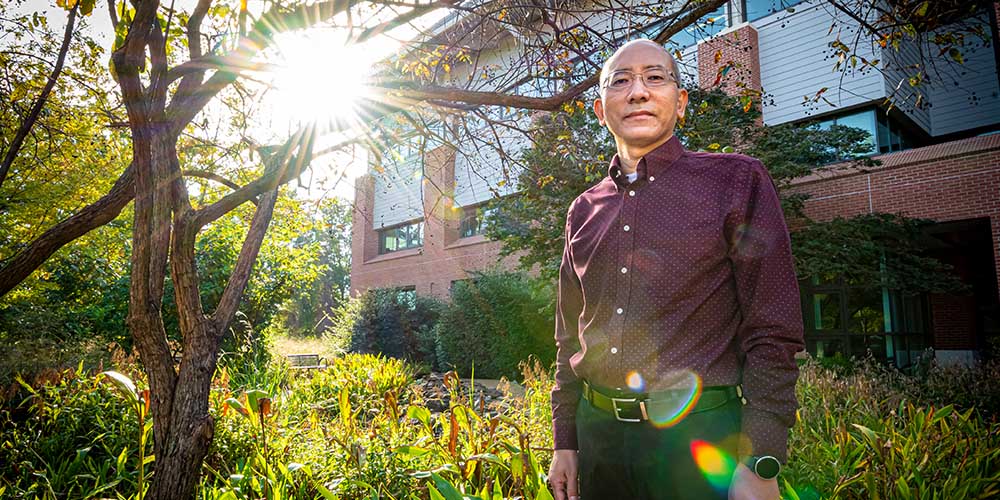Forest Economics, Management and Policy Stories

Charting a Better Course to Conservation
Forest and Wildlife Research Center scientists helped the Gulf Coastal Plain and Ozarks Landscape Conservation Cooperative by conducting research on landowner perceptions surrounding land ownership and conservation implementation. Dr. Robert Grala, FWRC researcher and forestry professor, partnered with MSU colleagues and other collaborators to conduct three surveys to find why landowners own land, determine possible demands for ecosystem services in the region, and identify communication trends between landowners and agencies focused on conservation. Through their studies, they found that The National Resources Conservation Service was the most utilized and well-positioned program as a resource for helping landowners implement conservation efforts. This research was also aimed to show ways landowners can learn how to execute practical applications that will increase participation in conservation programs. The researchers were able to build a social network map to illustrate how agencies can better help landowners and communicate about conservation efforts.
2018

Operating in the South
Dr. Eric McConnell, an associate forestry professor at Mississippi State, is leading research to estimate the costs of producing forest products in Mississippi. Since the mid-2000s, fluctuating economic conditions have made it difficult to calculate cumulative costs from planting to production. McConnell's team explores various aspects of forest operations, including timber growing, harvesting, and logging. Their research has uncovered ways for timber producers to optimize profits, such as utilizing state cost-share incentives and federal tax deductions to save money on hardwood regeneration. McConnell also found that the cost of log trucking in Mississippi is high, with factors like insurance premiums, safety violations, and weight restrictions adding significant costs.
His team, along with doctoral student James Shannon, is working to address these issues, promoting safety education and raising awareness to reduce trucking costs. The goal is to improve profitability and reduce financial challenges in Mississippi's forest products industry.
2023

Assessing Timberland Sales Over the Long Term
Like government and industry owned land, private forestland provides fresh water, habitats for fish and wildlife, recreational opportunities, and wood products. However, frequent resale activity for immediate profit can potentially threaten the long-term stability of timberland management and ecosystems on these properties. A team of Forest and Wildlife Research Center scientists, led by Dr. Edwin Sun, partnered with scientists from The Ohio State University and the University of Georgia to study the turnover of private forest land in Mississippi from 1999 to 2019. The team studied 18,783 parcels of private forestland in Mississippi counties with varying geographical locations, populations, socioeconomic conditions, and proximity to urban centers. They found that about 46% of these parcels were sold at least once over the 21 years, with the maximum being nine times.
The properties that changed ownership during this time were sold an average of 1.5 times, with an average ownership duration of about five years. While further studies are needed to understand the broader impacts of ownership fragmentation on forestland management, timber production, and ecosystems, Sun sees this knowledge having implications for policy improvements, such as tax or cost-share programs, that encourage and reward longer-term ownership. This research is funded by the USDA McIntire-Stennis capacity grant and the Forest and Wildlife Research Center.